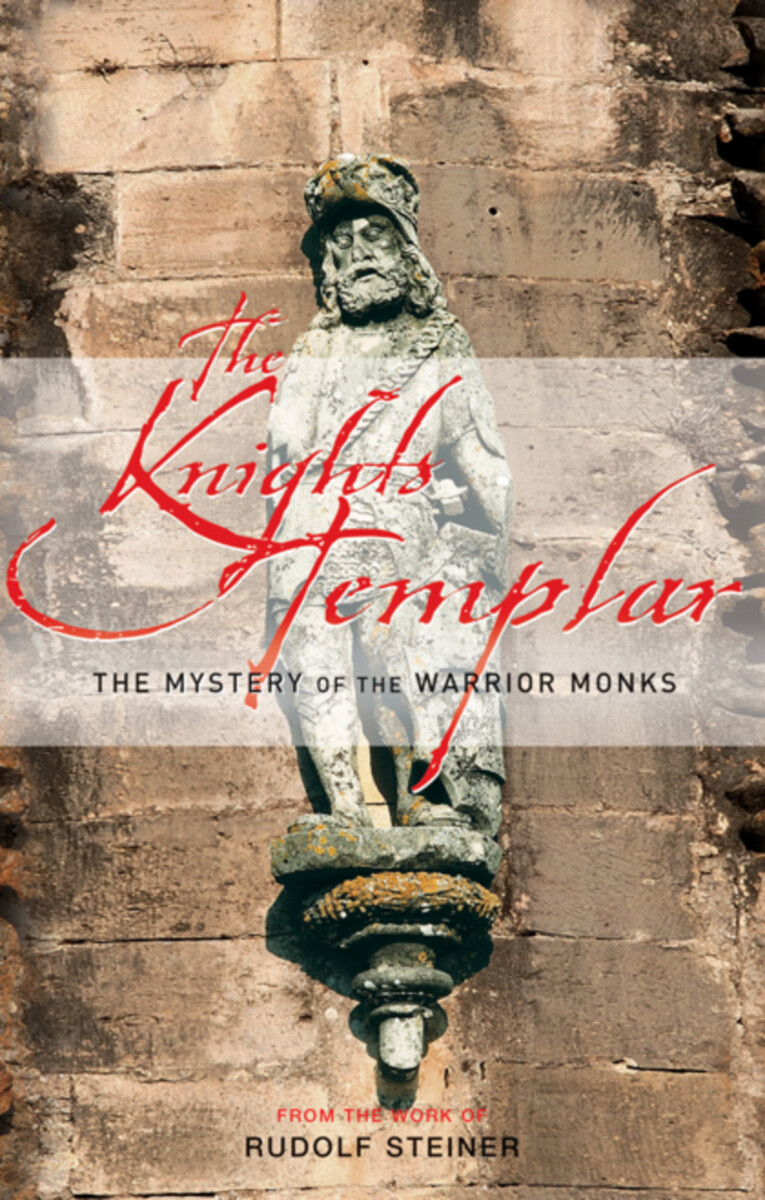The Knights Templar
The Mystery of the Warrior Monks
- Publisher
Rudolf Steiner Press - Published
30th August 2007 - ISBN 9781855841796
- Language English
- Pages 176 pp.
Selected lectures
During the early twelfth century, the Knights Templar were established, allegedly, to protect Christian pilgrims traveling to the Holy Land. In the process, the knights became famous for their pioneer banking system, crusading zeal, and strict vows of obedience, chastity, and poverty. As membership grew to around 15,000, they came to be seen as a threat by Philippe le Beau of France, who disbanded the group in 1307 and tortured their leaders for confessions of heretical practices. King Philippe accused the order of heresy, sodomy, and blasphemy.
Recent fictional works and popular histories have created a renewed interest in the mysterious Knights Templar, with numerous contradictory and fantastic claims made about them, thus adding to the enigma surrounding the warrior monks of France.
In this unique collection of lectures and writings by Rudolf Steiner, a new perspective emerges. Based on his spiritual perceptions, he speaks of the Templars’ connection to the esoteric tradition of St. John and the Holy Grail and their spiritual dedication to Christ. He describes a secret order within the Templars and their strange rituals. He also sheds light on the Templars’ attitude toward the Roman Church and the spiritual forces that inspired their torture and confessions.
Rudolf Steiner
Rudolf Steiner (b. Rudolf Joseph Lorenz Steiner, 1861–1925) was born in the small village of Kraljevec, Austro-Hungarian Empire (now in Croatia), where he grew up. As a young man, he lived in Weimar and Berlin, where he became a well-published scientific, literary, and philosophical scholar, known especially for his work with Goethe’s scientific writings. Steiner termed his spiritual philosophy anthroposophy, meaning “wisdom of the human being.” As an exceptionally developed seer, he based his work on direct knowledge and perception of spiritual dimensions. He initiated a modern, universal “spiritual science” that is accessible to anyone willing to exercise clear and unbiased thinking. From his spiritual investigations, Steiner provided suggestions for the renewal of numerous activities, including education (general and for special needs), agriculture, medicine, economics, architecture, science, philosophy, Christianity, and the arts. There are currently thousands of schools, clinics, farms, and initiatives in other fields that involve practical work based on the principles Steiner developed. His many published works feature his research into the spiritual nature of human beings, the evolution of the world and humanity, and methods for personal development. He wrote some thirty books and delivered more than six thousand lectures throughout much of Europe. In 1924, Steiner founded the General Anthroposophical Society, which today has branches around the world.


